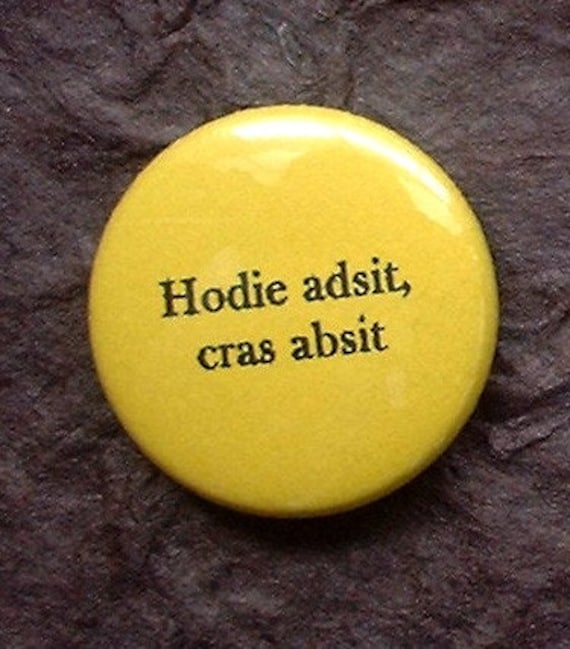I picked this comment up from another blog in which the subject of Roman Catholics lack of singing was the topic...
I talked with my brother about this. He never sings in church. He’s a
Baptist, or at least worships in a Baptist church now, and says that the
songs are so evanescent that he doesn’t bother to learn the song du
jour because it will never be sung again, just cast aside for another
unmemorable song next week. However when a hymn, that he remembers from
his childhood, is sung he loves it and chimes in at the top of his
voice.
Evanescent... soon passing out of sight, memory, or existence; quickly fading or disappearing. Good word to describe a practice that agitates against the very purpose of congregational song. We sing to proclaim, to renew, and to connect our faith (to the saints who have gone before, for example). When the church's song du jour is trivial, forgettable, and discardable, it diminishes not only the song itself but its content and the very reason for singing.
When the hymnal disappeared from the home and became the book at the church, we lost something. When the hymnals disappeared from the church in favor of a screen with a dancing ball, we lost something. When the praise band took over the chancel and the reigning praise band diva took center stage, we lost something. Now we have, in many places, raised a generation out of touch with the hymns of their forbearers. That might not be so tragic except the with it has gone the whole idea of congregational song. We watch others sing, we listen to their songs, we are entertained by the music instead of drawn into that song until it engages our voice and the witness of text and tune becomes our own even as it belonged to others before us and will be passed on to those yet to come.
It has happened in every denomination. It has happened because of personal taste, because of theological determination, and it has happened because we lack trained parish musicians. The music that was once valued for the way it sings the faith is now valued for its style or appeal. The music that once took heavy theological concepts and framed them in words we could sing and understand (like election) is now valued for its momentary expression of light weight truth sung repeatedly. The music that once taught our voices as well as our hearts to sing with our forefathers and mothers now sounds like the pop hits of the weekend and nothing like those who went before us ever heard before.
It is not only the men who have stopped singing, we all have... Some may be relieved because they do not like singing (so they say) but the reality is that the consequence of this loss will be felt for generations and will be difficult to recover.

1 comment:
I presently worship in a parish that uses the Episcopal Hymnal 1982, not the Hymnal 1940 that I know so well. In the 1982 book, political correctness is evident in that the wording of many familiar hymns has been changed to make them "inclusive." I am reluctant to sing out because I cannot see well, and rely on memory for the words quite often. When I encounter one of those nasty "inclusive" changes, I am often making a fool of myself at that point.
I suspect that something similar has happened in Missouri when they abandoned the TLH and began the rapid succession of new hymnals that CPH has produced.
We have impoverished ourselves when we no longer recognize that "man" used in the general sense of mankind very definitely includes both sexes. We also suffer great loss when we decide that some great hymns, such as Onward Christian Soldiers, are too militant and must be banned from the hymnal. This sort of self-censorship is killing our parishes.
Fr. D+
Post a Comment